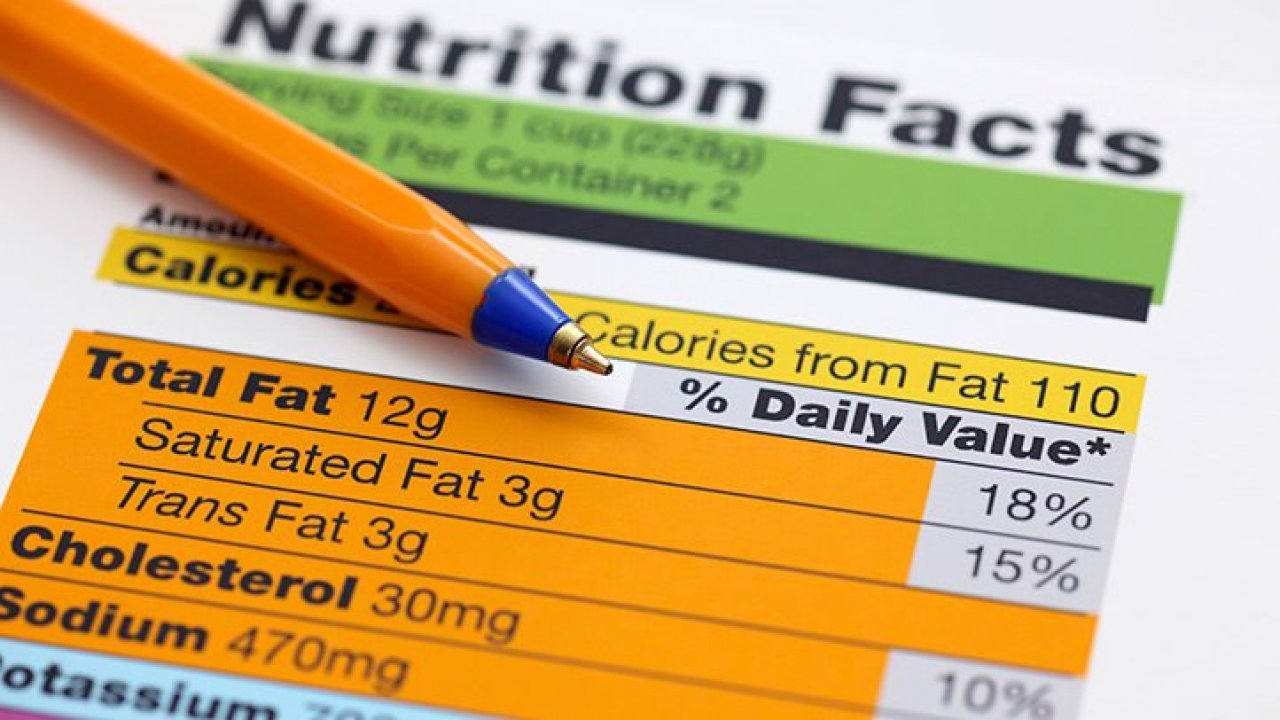
The 23rd edition of the Food & Beverage fair “FHC” was successfully held in Shanghai last week.
The demand for imported food is growing constantly and could represent an interesting opportunity for foreign companies in China.
Within exporters, regulations issues are often raised, and considering that the legal framework is changing fast, many companies might not be aware of most recent modifications.
The General Administration of Customs’ "Notice on the Supervision and Administration of the Label Inspection of Import and Export Pre-packaged Food" was implemented the 1st of October 2019 in order to address matters related to the administration of inspection and supervision for labelling of imported and exported prepacked foodstuffs.
The Food Safety Law of the People's Republic of China stipulates that the imported pre-packaged food shall have Chinese labels.
Labels must indicate several information prescribed by the law (including but not limited to) food name, ingredient list, specifications, net content, production date, shelf life, storage conditions and origin.
No pre-packaged food can be imported without Chinese labels (or instructions whenever prescribed) that do not conform with the above provisions.
The new Notice introduced several changes.
First, it abolished the first-time label filling requirements. Furthermore, under the new rules, the importer shall be responsible for label compliance. “Before importing the product, the importer shall examine (art.2) the contents of the label”. However, Customs will retain the power to carry out sampling inspections and no import shall be allowed if not in compliance with Chinese law.
If the Administration of Customs receives notifications from relevant authorities or consumers that imported pre-packaged food labels are suspected of violating relevant regulations, it has the power to verify and, once confirmed, take relevant measures according to the law.
The implementation of the new mode of inspection and supervision of pre-packaged food labels simplify the import procedures of pre-packaged food, reduce the burden of enterprises (increasing at the same time the responsibility of the domestic agents) and further improve the efficiency of customs clearance.